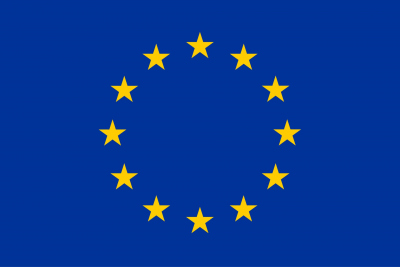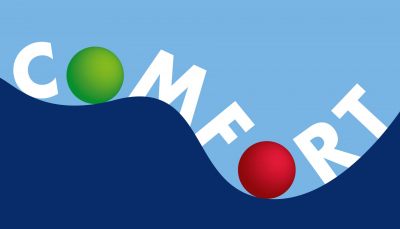- Home
- Discover
- Archive News
- News 2019
- Kick-off meeting EU2020 COMFORT Project
Kick-off meeting EU2020 COMFORT Project
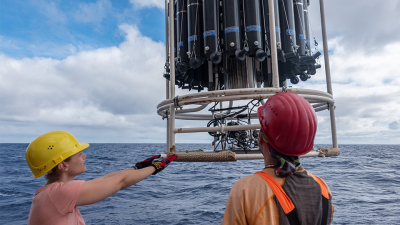
Within the next four years the COMFORT project sets out to quantify coupled cycles of carbon, oxygen and nutrients for determining and achieving safe operating spaces in the ocean – and especially with respect to global ecosystem tipping points in the oceans.
The researchers’ aim is to detect and minimize manmade climate change in the oceans. The project focuses on global ecosystems tipping points. Such tipping points are critical points where anthropogenic forces become significant enough to cause a large ecosystem change.
The University of Bremen and the MARUM will contribute their expertise to the measurement and analysis of anthropogenic trace and noble gases in the Atlantic Ocean. In this project, the key role of the subpolar North Atlantic will be examined in detail, especially with regard to hydrographic properties, anthropogenic carbon and the advection of melt water from the Greenland ice sheet.
The results will provide guardrails for political and logistical decisions on combatting and avoiding anthropogenic climate change and contribute to IPCC reports in future
More information about the project on its website: www.comfort-project.eu
And on the EU portal: https://cordis.europa.eu/project/rcn/223248/factsheet/en
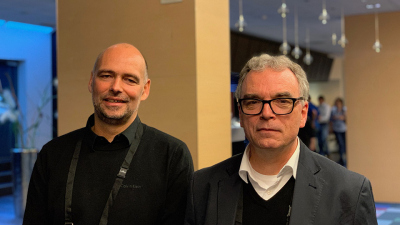
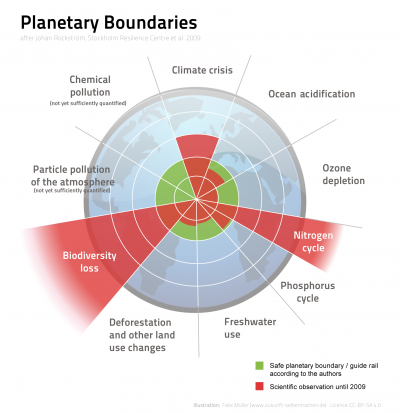
This project has received funding from the European Union’s Horizon 2020 research and innovation programme under grant agreement No 820989. The work reflects only the author’s/authors’ view; the European Commission and their executive agency are not responsible for any use that may be made of the information the work contains.



